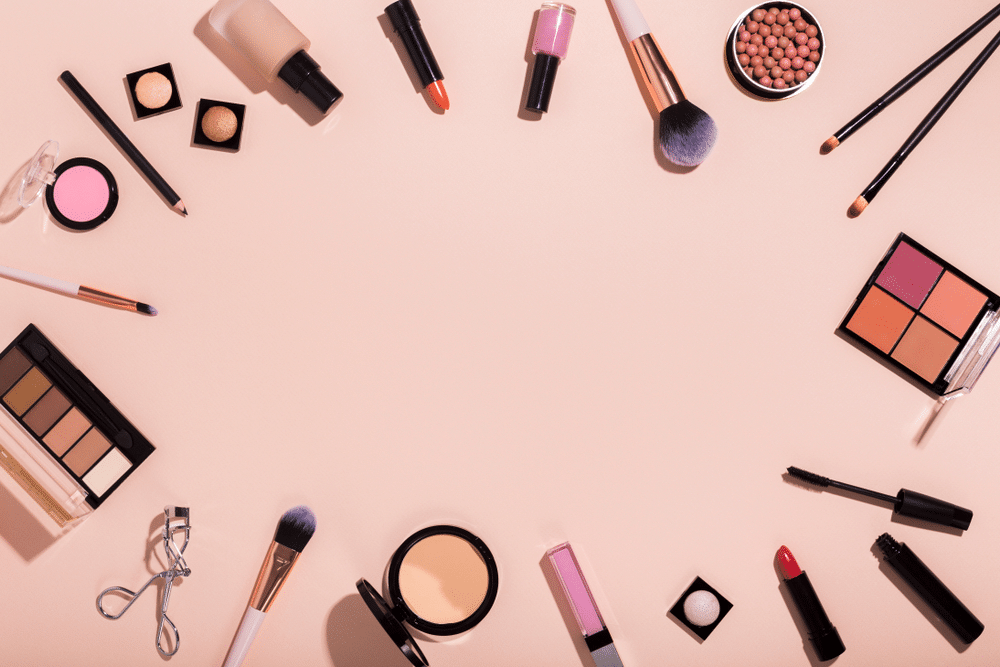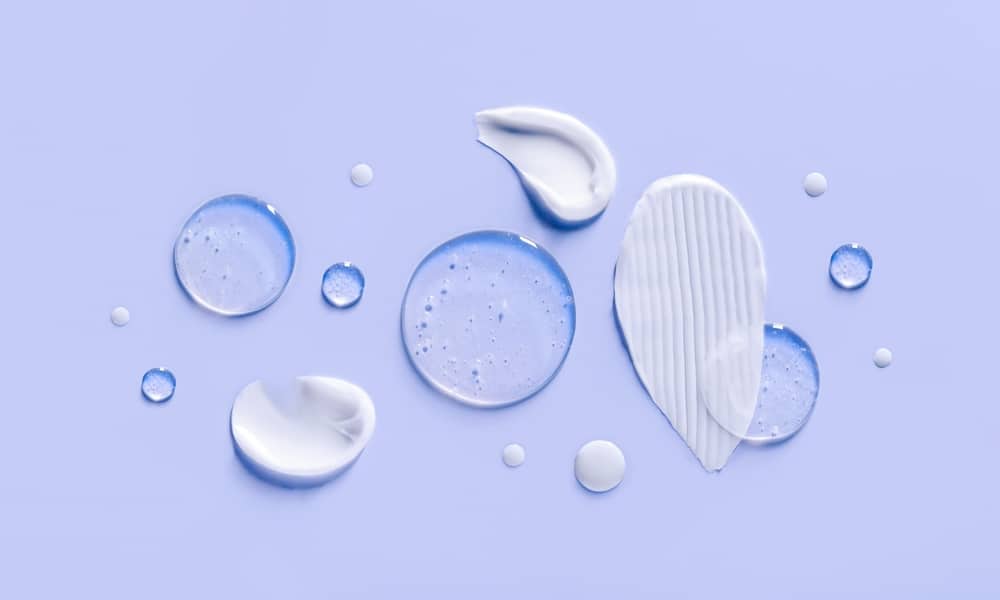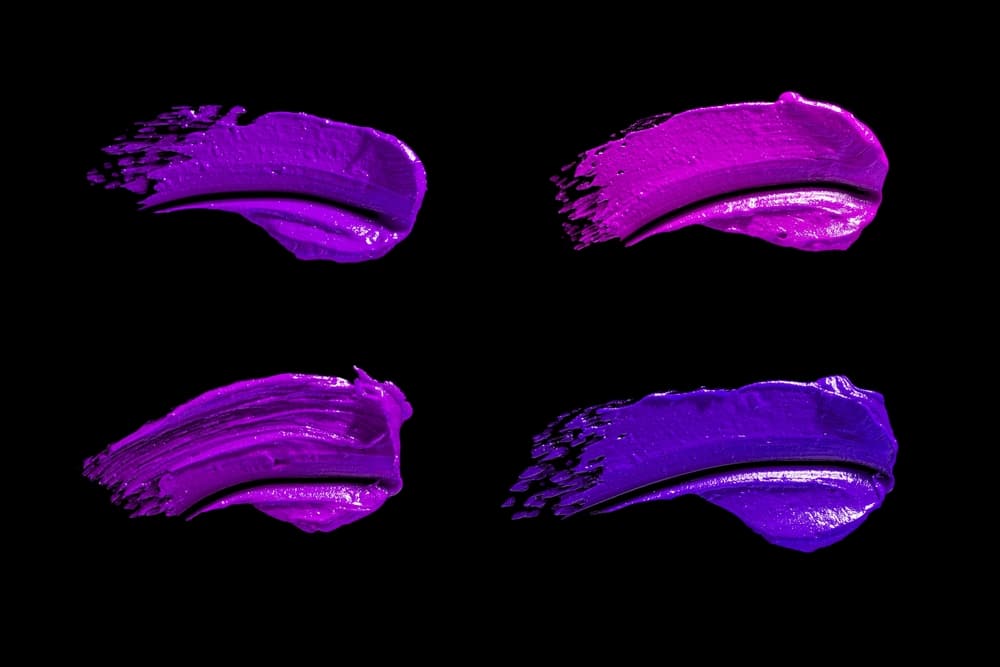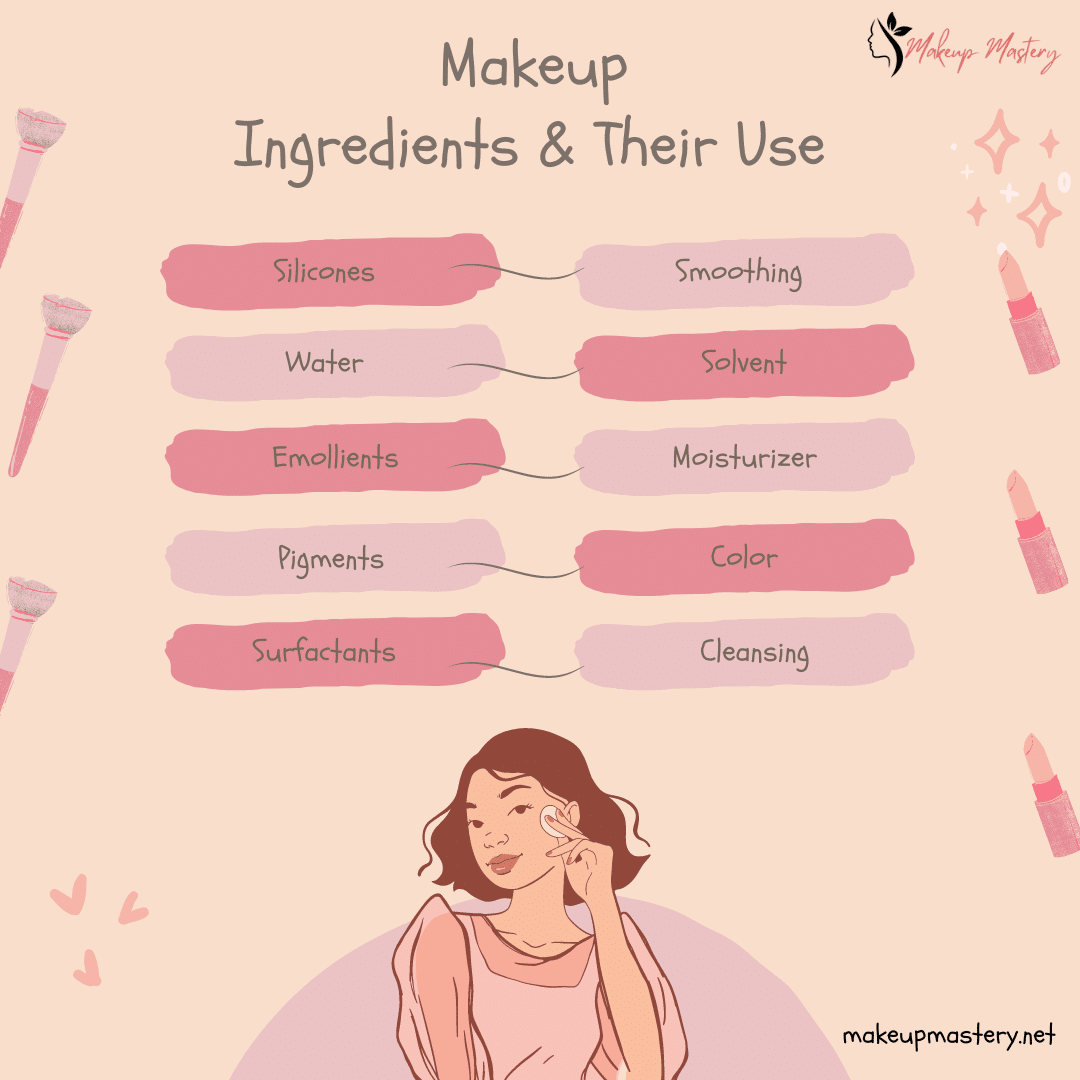Table of Contents
Folks, cosmetics have genuinely refined the beauty industry, each product opening a pathway to achieve perfection and flawless look. Do you think makeup is like a magic wand transforming your whole look? It is not so. Makeup is simply bound to enhance your natural features and bring out the best in you. However, my girlies, have you ever thought about what these magic products are made of? If you have such a question swirling in your mind, don’t worry; I am here to help you. This article guide will cover the bits and intricacies of what makeup is made of.
Overview of Makeup Ingredients

Makeup products are composed of various ingredients, each serving a specific function, from providing color to ensuring the product adheres to the human skin.
These ingredients can be broadly categorized into four groups:
- Base ingredients
- Active ingredients
- Additives
- Solvents like water
Base Ingredients: These form the bulk of the product and give makeup its texture and consistency. They often include oils, waxes, mineral oils, and water.
Active Ingredients: Folks, these are the functional components that provide the primary benefits, such as color, UV protection, or anti-aging properties.
Additives: These are supplementary ingredients that enhance the product’s performance, appearance, or shelf life. Examples include preservatives, fragrances, and stabilizers.
Solvents: Solvents like water help dissolve other ingredients, making it possible to create smooth, easy-to-apply products.
Common Makeup Ingredients
From shimmering eyeshadows to hydrating foundations, every makeup product boasts a unique formula. Let’s talk about the common ingredients that make your beauty routine both enchanting and effective.
1. Water

You might be surprised to know that water is the first ingredient. It is one of the most common ingredients.
- What It Is: Water is one of the most common ingredients in makeup, used as a solvent to dissolve other ingredients and create emulsions. It is found in a wide range of cosmetic products, including foundations, mascaras, and lotions.
- Benefits: Water acts as a base that helps to blend ingredients together, creating a smooth texture. It also provides hydration, making personal care products more comfortable to wear, especially for those with dry or sensitive skin. Water-based formulations are often lighter and more breathable than oil-based ones.
2. Emollients
It is the magic behind the perfect velvety feel of your makeup products.
- What They Are: Emollients are moisturizing agents used in foundations, lipsticks, and moisturizers. Common emollients include natural oils like jojoba oil and shea butter and synthetic alternatives like dimethicone.
- Benefits: Emollients help to soften and smooth the skin, creating a barrier that prevents moisture loss. They are particularly beneficial for dry or mature skin, providing a hydrated and supple appearance.
3. Pigments

These beauties are essential to adding vibrant colors to your cosmetics.
- What They Are: Pigments are colorants used in products like eyeshadows, blushes, and lipsticks. These can be derived from minerals (like titanium dioxide and iron oxides), synthetic dyes, or natural sources.
- Benefits: They provide vibrant colors in makeup products. People value mineral pigments for their purity and long-lasting wear, making them suitable for sensitive skin.
4. Preservatives
With so many ingredients, your makeup might go bad, but preservatives do their magic to keep your makeup fresh.
- What They Are: Chemists add preservatives to makeup to prevent the growth of bacteria, mold, and yeast, which extends the product’s shelf life. Common preservatives include parabens, phenoxyethanol, and natural alternatives like vitamin E.
- Benefits: Preservatives ensure that beauty products remain safe to use over time, reducing the risk of skin infections and product spoilage. Natural preservatives, like vitamin E, also offer antioxidant benefits.
5. Humectants
As the name implies, these are hydration heroes needed for moisture of makeup products.
- What They Are: Humectants are ingredients that attract water from the environment into the skin. Glycerin, hyaluronic acid, and xanthan gum act as popular humectants in moisturizers, foundations, and primers.
- Benefits: Humectants help maintain skin hydration, ensuring a smooth and plump appearance. Hyaluronic acid holds up to 1,000 times its weight in water, making it a powerful hydrating agent.
6. Surfactants

Folks and surfactants make sure that each product blends seamlessly.
- What They Are: Surfactants are compounds that help in the mixing of oil and water, allowing for the creation of products like cleansers, foundations, and shampoos. Sodium lauryl sulfate and cocamidopropyl betaine are common surfactants.
- Benefits: Surfactants are crucial for the cleansing action of makeup removers and facial cleansers. They help to break down oils and remove impurities from the skin, leaving it clean and refreshed.
7. Silicones
They are the smooth operators that give your makeup its silky touch and flawless finish.
- What They Are: Formulators use silicones and synthetic polymers in primers, foundations, and hair products to create a smooth, silky texture. Common silicones include dimethicone, cyclopentasiloxane, and silicone elastomers.
- Benefits: Silicones create a barrier on the skin that helps to smooth out imperfections, blur fine lines, and provide a matte finish. They also enhance the longevity of makeup, making it more resistant to wear and smudging.
8. Fragrances
![]()
You might have noticed every product has a pleasant scent; this is what fragrances are for.
- What They Are: Manufacturers add fragrances to makeup to give it a pleasant scent. These can be synthetic or derived from natural sources like essential oils.
- Benefits: While fragrances do not contribute to the makeup’s function, they enhance the sensory experience of using the product. However, they can also be a source of irritation for sensitive skin, making fragrance-free options preferable for some users.
9. Antioxidants
They simply shield your skin from aging, keeping its glow.
- What They Are: Antioxidants are ingredients that protect the skin from damage caused by free radicals. Vitamin C, vitamin E, and green tea extract act as powerful antioxidants in makeup, protecting your skin from aging and maintaining your glow.
- Benefits: Antioxidants help to neutralize harmful free radicals, reducing signs of aging such as fine lines, wrinkles, and dullness. They also promote overall skin health by supporting the skin’s natural repair processes.
Why These Ingredients Are Used in Makeup?

Both functionality and safety drive the selection of ingredients in common cosmetic products. Ingredients like water, emollients, and humectants ensure that the makeup not only enhances appearance but also cares for the skin. Pigments and silicones contribute to the product’s aesthetic appeal, while preservatives and antioxidants ensure the product’s safety and longevity. By carefully choosing these ingredients, the cosmetic industry creates products that meet consumer needs while also addressing concerns about skin care and safety.
You can also check what certain ingredients should be avoided for makeup formulation in this article.
Final Words
Summing up what has been discussed so far, makeup is more than just a tool for enhancing beauty; it is a complex blend of ingredients designed to protect, nourish, and beautify the skin. The Food and Drug Administration (FDA) regulates these ingredients to ensure they are safe for use. By understanding what makeup is made from and the purpose and benefits of these ingredients, you can make better choices about the products you use, ensuring that they not only make you look good but also keep your skin healthy and radiant.

